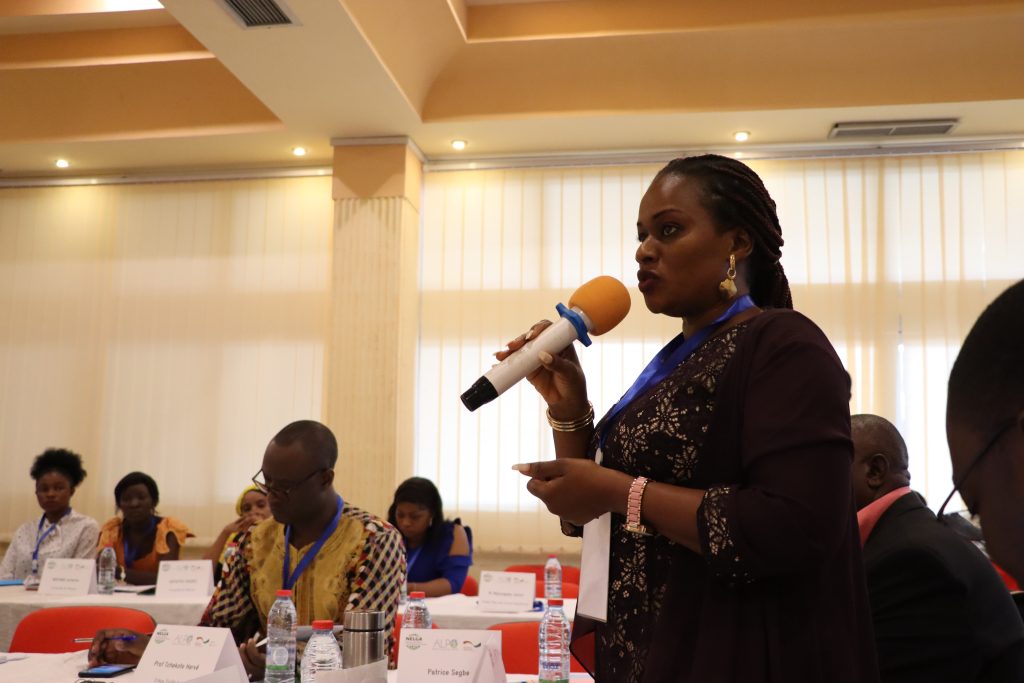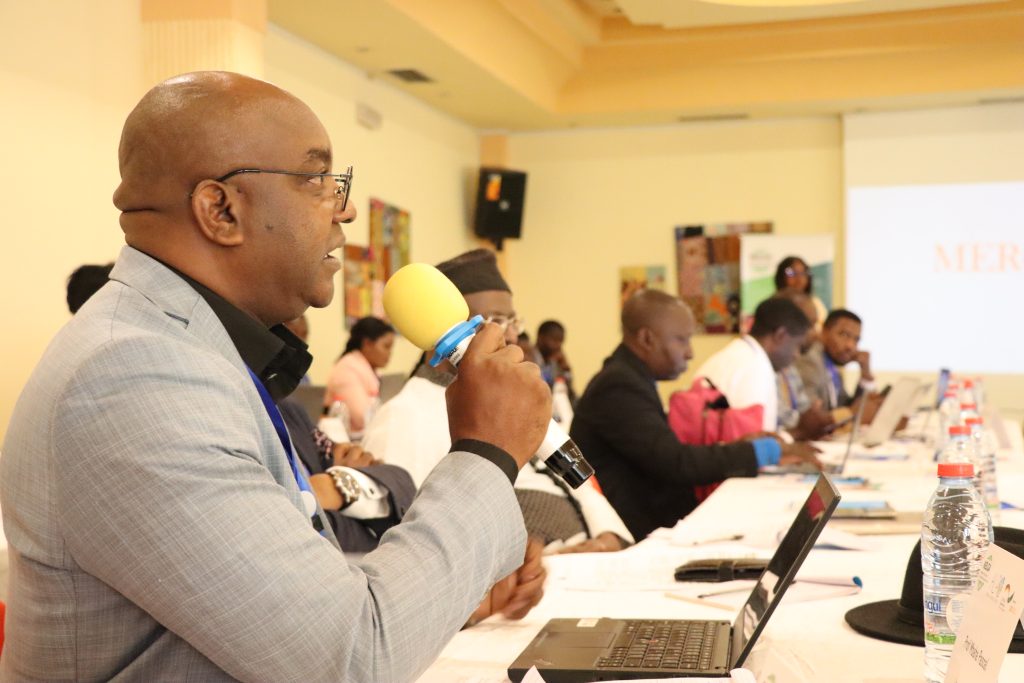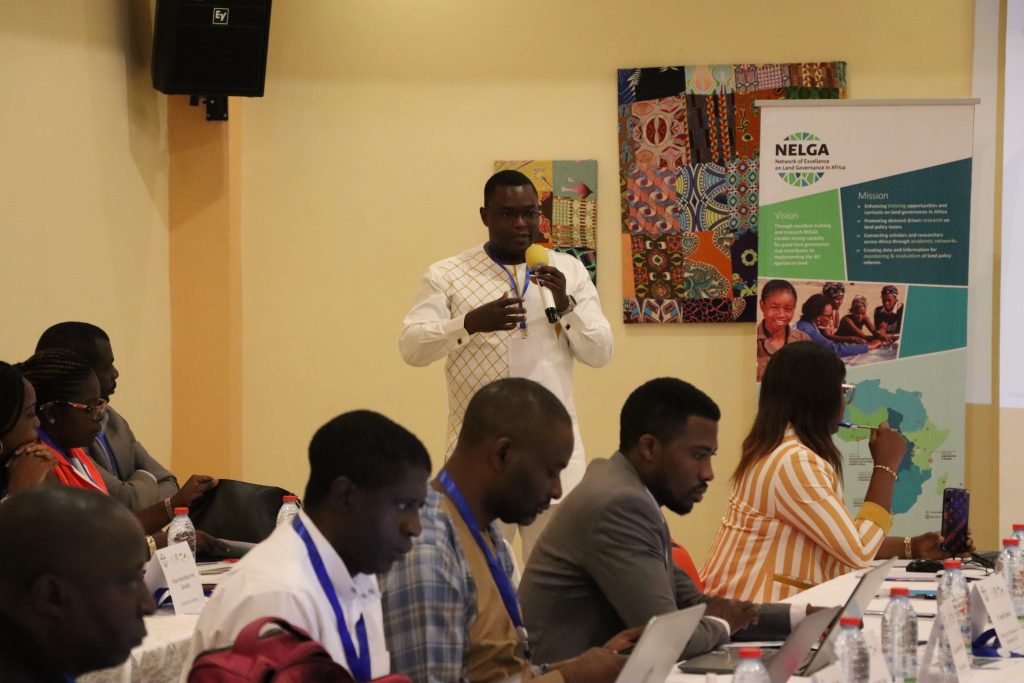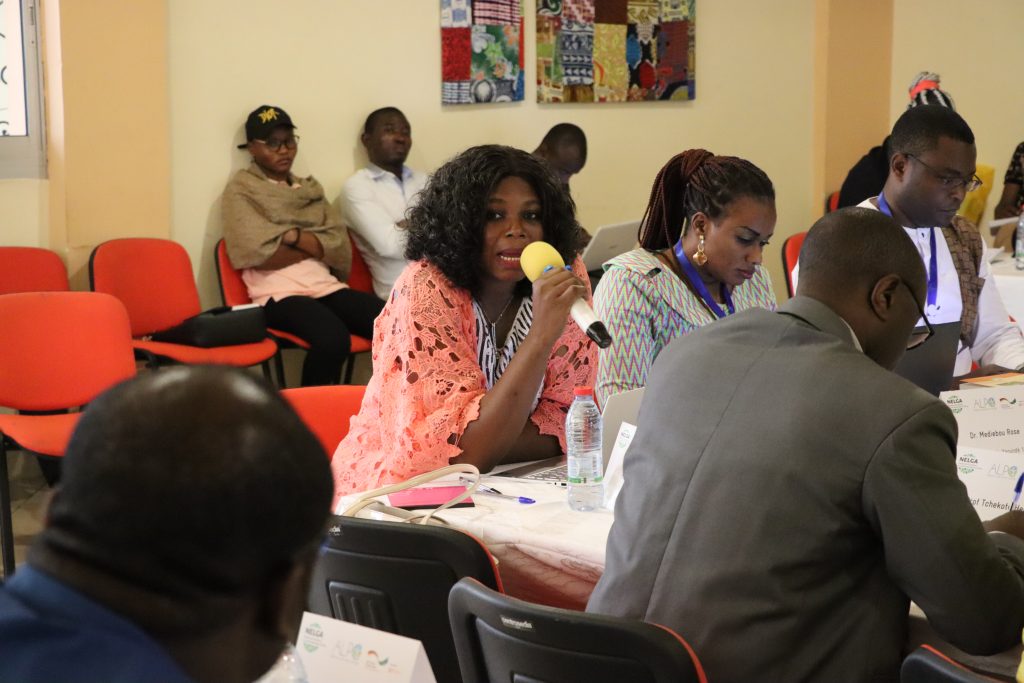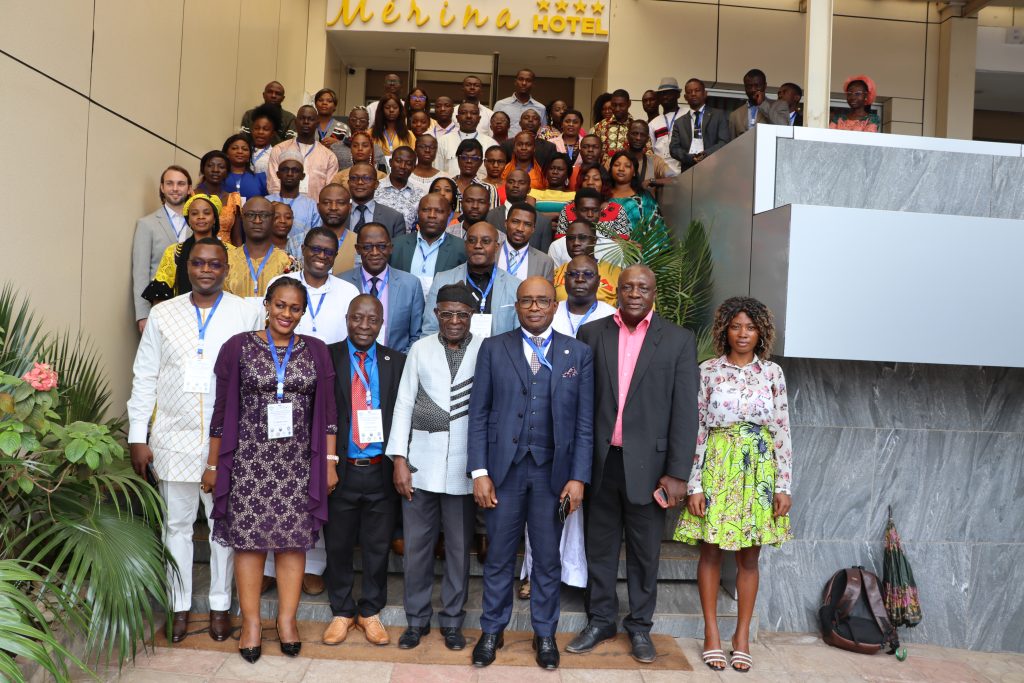NELGA Looks into Cameroon Land-Labour Market
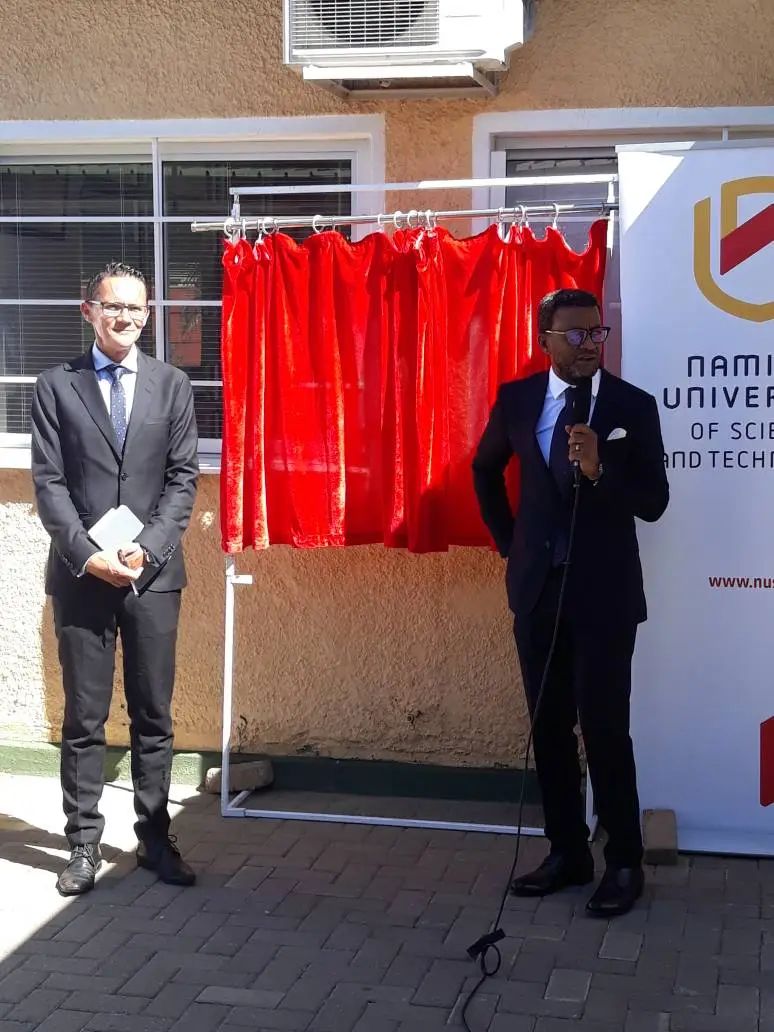
Investigates New Ways to Connect New Land Graduates to the Labour Market
“African problems require African solutions. Academic skills, industry needs and employment realities must be in sync and supported by relevant land policies or economic frameworks which jointly support the development of our region.”
Rose Chindji, NELGA Support Coordinator and Researcher at the University of Yaounde 1
The workshop on Land-related Labour Market organised by the Network of Excellence on Land Governance in Africa (NELGA), Central Africa hub in Cameroon, kicked off in Yaoundé on October 21 with a definite call for African countries to develop a road map on the integration of land professionals into the workforce, and inclusive land employment mechanisms, especially for women and youth.
” Many Africans with advanced qualifications find that their university degrees are simply not enough to land a job in the market. We need commitment from our tertiary and government bodies to ensure the eradication of divergence between labour market needs and skills of graduates in Africa,” Cameroons Commissioner of Environment and Nature Protection, Paul Tchawa told participants at the workshop held in Yaoundé. Tchawa said that “working on land and employment requires collaboration with all stakeholders to reflect on how to bridge the gap between the needs of employers in the land sector and the skillset and knowledge graduates acquire during their studies.”
The convergence, which focuses on the land-labour market challenges for young graduates, is hosted by the University of Yaoundé 1, NELGA’s regional hub for the region, with the support of the Federal Ministry for Economic Cooperation and Development (BMZ) and the German Development Cooperation (GIZ). The African Center for Economic Transformation reveals that nearly 50% of current university graduates in Africa do not find jobs and the continent is expected to absorb 122 million new entrants to the labour force during this decade. African education systems have been oriented towards obtaining a qualification rather than acquiring skills and competencies to promote successful integration into work.
Representatives from the government of Cameroon, land researchers and stakeholders discussed strategies to reduce the mismatch between the labour market needs and skills of many land graduates in Africa. NELGA’s Programme Manager, Desire Tchigankong, explains that the mismatch between the labour market needs and skills of many graduates in Africa is highlighted by the GIZ-Strengthening Advisory Capacities for Land Governance in Africa (SLGA). “To meet the requirements of the employing organisations, students must acquire the relevant knowledge and skills to effectively contribute to better land governance systems and economic development,” explains Tchigankong.
Participants discussed and designed a roadmap for Cameroon to improve employment quota in the land-labour market, especially for women and the youth, and improve land industry labour integration in the Central Africa region.
